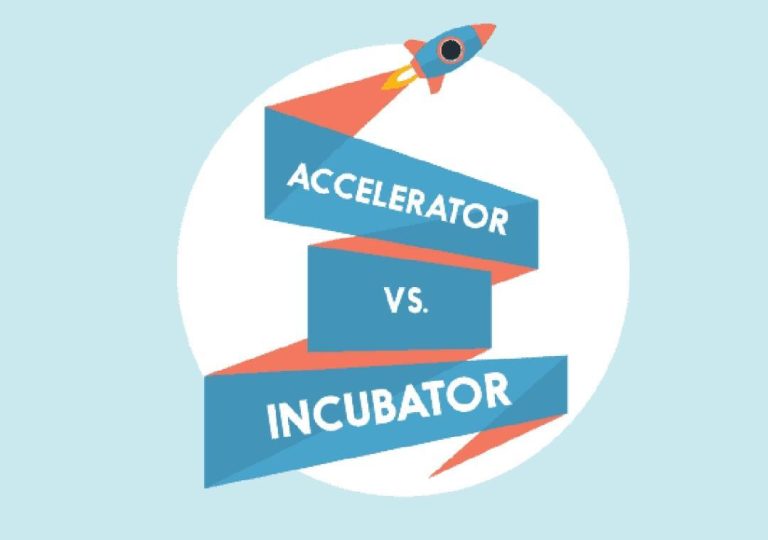
AI, Creators & Tier-2 Cities Power India’s Startup Growth
The Indian startup ecosystem has witnessed tremendous growth in recent years, with a surge in innovation, adoption of cutting-edge technologies, and expansion into new markets. A recent report by Meta-A&M highlights the key trends driving this growth, with AI, omnichannel models, Tier-2/3 city expansion, and creator-driven branding emerging as the game-changers. In this post, we’ll delve into the report’s findings and explore how these trends are reshaping the startup landscape in India.
AI Adoption on the Rise
Seventy percent of startups in India have adopted Artificial Intelligence (AI) technology, according to the Meta-A&M report. This is a significant increase from previous years, reflecting the growing recognition of AI’s potential to enhance operational efficiency, improve customer experiences, and drive business growth. AI-powered chatbots, predictive analytics, and machine learning algorithms are just a few examples of how startups are leveraging this technology to stay ahead of the competition.
The adoption of AI is particularly pronounced in the e-commerce and fintech sectors, where startups are using AI to personalize customer interactions, optimize supply chain management, and detect fraud. For instance, Flipkart, one of India’s leading e-commerce companies, uses AI-powered chatbots to help customers with order tracking and returns, while Paytm, a leading fintech firm, employs AI-powered algorithms to detect and prevent fraud in its payment transactions.
Omnichannel Models for Seamless Customer Experiences
Gone are the days of siloed marketing channels. Today, Indian startups are embracing omnichannel models to deliver seamless, contextual experiences to their customers. According to the report, 67% of startups in India have adopted omnichannel approaches, which involve integrating multiple channels such as social media, email, SMS, and mobile apps to provide a unified customer experience.
Omnichannel models enable startups to engage with customers across various touchpoints, ensure consistency in brand messaging, and provide personalized experiences based on customer preferences and behaviors. For example, Oyo Rooms, a popular hotel booking platform, uses omnichannel marketing to engage with customers across multiple channels, from social media to SMS and email, to provide a seamless booking experience.
Tier-2/3 City Expansion: The Next Frontier
While many startups in India have traditionally focused on urban centers, a growing number are now expanding into Tier-2 and Tier-3 cities. According to the report, 95% of startups in India are targeting smaller cities as part of their growth strategy. This shift is driven by the recognition that Tier-2/3 cities offer vast opportunities for growth, with a larger population, increasing disposable income, and a growing demand for digital services.
Startups such as Zomato, a food delivery platform, and Swiggy, a food ordering and delivery platform, have already made significant inroads in Tier-2/3 cities, with Zomato reporting a 40% increase in orders from these cities in the past year. Other startups, such as Paytm, are also expanding their services to Tier-2/3 cities, offering a range of digital payment solutions to customers.
Creator Economy: Influencer Marketing on the Rise
Influencer marketing has become a key strategy for Indian startups to reach new audiences and build brand awareness. According to the report, 88% of startups in India partner with influencers early in their growth journey. This trend is driven by the recognition that influencers can help startups tap into niche audiences, build credibility, and drive engagement.
Startups such as Nykaa, a beauty and wellness e-commerce platform, and Mamaearth, a natural skincare brand, have successfully leveraged influencer marketing to reach new customers and build brand loyalty. Other startups, such as Myntra, a fashion e-commerce platform, are also using influencer marketing to promote their products and services.
Conclusion
The Indian startup ecosystem is undergoing a significant transformation, driven by AI adoption, omnichannel models, Tier-2/3 city expansion, and creator-driven branding. As startups navigate these trends, they are recognizing the importance of building future-ready brands that are agile, customer-centric, and technology-enabled.
For entrepreneurs and investors, these trends offer opportunities to identify and support innovative startups that are poised for growth. By understanding the key drivers of India’s startup growth, we can better position ourselves to capitalize on the vast opportunities that this ecosystem has to offer.






